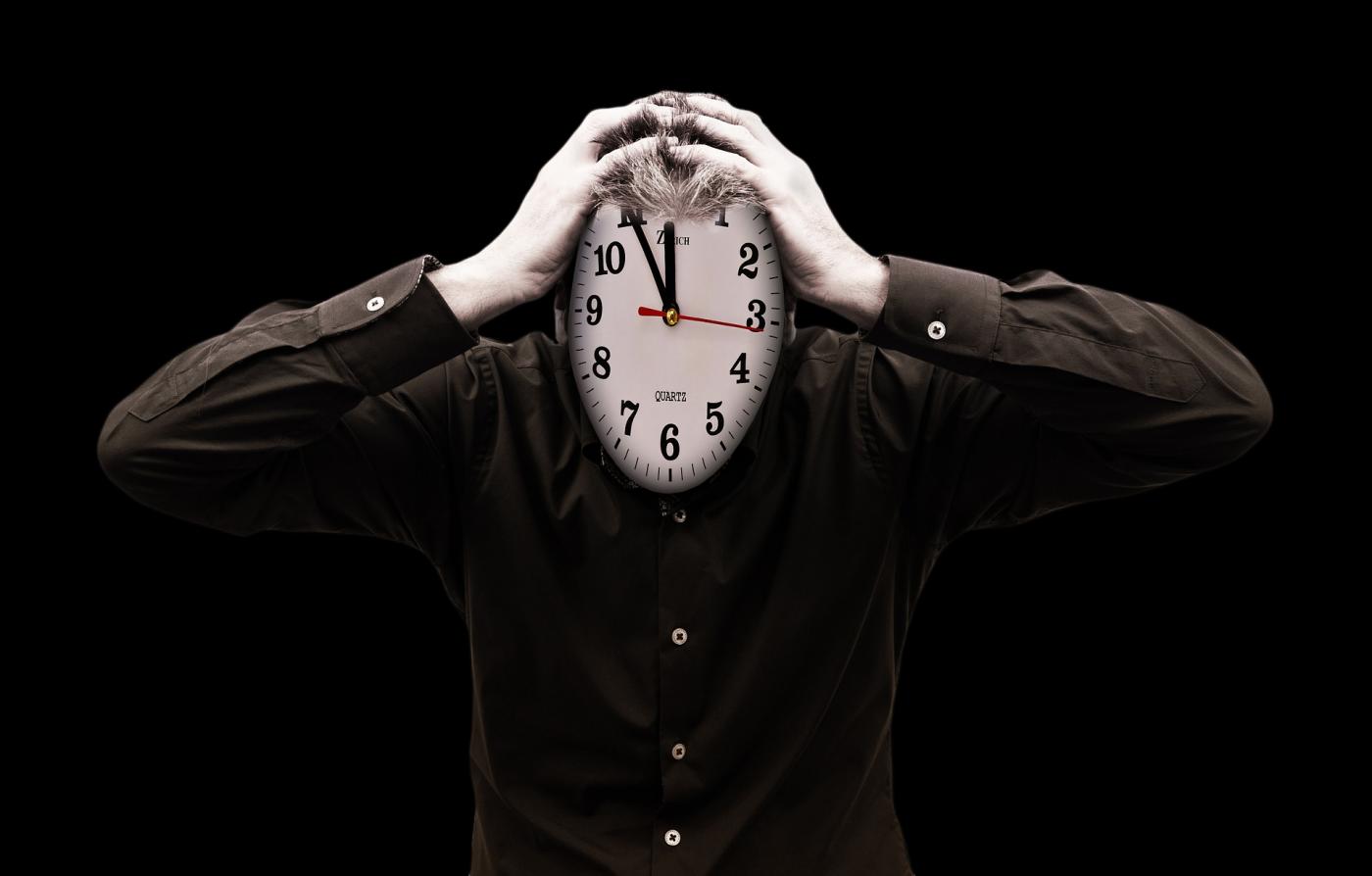Trimbos Institute published report about the pressure to perform
Students more and more stressed out but they're not talking about it

Harder Better Faster Stronger is the title of a new report by Trimbos Institute, referring to a song by Daft Punk about being pressured to perform. In the report, the researchers try to find out where students’ problems come from and what can be done to solve them.
Almost half of all university-level students in the Netherlands are suffering from mental health issues, the Trimbos Institute reported at the end of last year. The study was heavily criticised: reportedly, not enough students completed the survey for it to be considered representative. But that does not invalidate the study's results as Statistics Netherlands aluso verified that stress in increasing among students.
Swamped
To find out the reasons behind this increase, Trimbos Institute spoke with students and experts. The main conclusion is that students are being faced with mounting uncertainties. They feel “swamped by all the demands, expectations and responsibilities”. Sometimes they feel as though they're taking part in an obstacle run.
They are concerned about what's happening with the world: climate change, war and increasing polarisation. But they also have personal matters to worry about, such as the rising costs of gas, electricity and rent (if they can find a place to live, that is). In addition, they worry about the number of credits necessary to be admitted into the second year of studies and whether or not they will be selected for their preferred Master's programme.
Media
Media reports are probably not helping either, according to the experts interviewed by Trimbos Institute, who believe that so many articles on stress, pressure and mental health end up triggering the students to feel this way. Although it is good to acknowledge the problem, media outlets should be careful not to exacerbate problems. That's per the study advisers, student deans, supervisors and other experts that were consulted for the study.
Students agree. In their view, the abundance of reports does not help them to cope with stress and pressure. Researchers advocate a media code, similar to the one used in reports about suicide, when the media always mentions that those having suicidal thoughts can get help through 113.nl.
Tips
Since there are many factors influencing students’ mental health and wellbeing, Trimbos Institute suggests a plethora of solutions to which teaching staff, society and the students themselves can contribute.
For instance, students can talk to others, eat healthy food and make sure they get enough sleep. They should also not take too much notice of the stigma attached to mental problems. Forming one's own study group can help as well.
Tips for the teaching staff include personal attention for students, a ‘soft landing’ for freshers and the importance of ‘role models’ who can share their experiences with students. Good information is crucial as well, of course.
Society
As for what society can do, Trimbos suggests campaigns to encourage young people to have a healthy diet and exercise regularly. The institute also says that something must be done about students' financial uncertainty, such as limiting rental prices and properly compensating the generation that obtained their higher education degree under the loan system, which is to be abolished in September 2023. “Let's not attach so many financial consequences to whether or not a student drops out after the first year," recommends Trimbos.
The researchers admit that they don't have all the answers, which is why they recommend further research. One of the things that need to be studied further is the tipping point from uncertainty (which everyone feels at some stage) to an unhealthy amount of stress and pressure to perform.